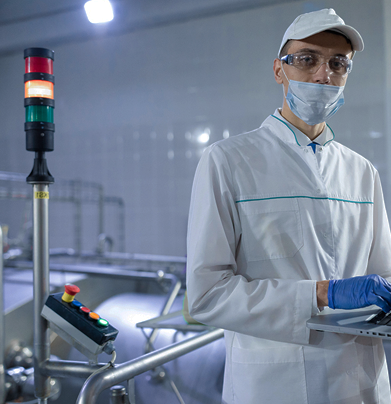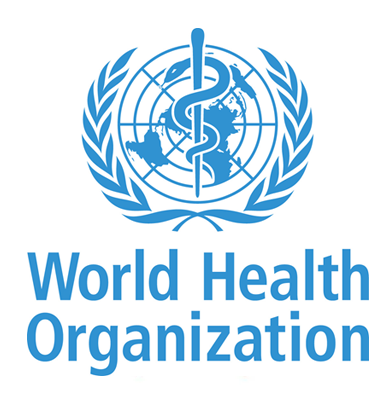World Health Organization-Good Manufacturing Practice (WHO-GMP)
The World Health Organization (WHO) is a specialized agency of the United Nations that is responsible for promoting and coordinating international health activities. One of the key areas of focus for WHO is to ensure that pharmaceutical products are of high quality and safe for use.To this end, WHO has developed a set of guidelines for Good Manufacturing Practice (GMP) that are widely recognized as the global standard for pharmaceutical manufacturing. These guidelines outline the minimum requirements that pharmaceutical manufacturers must meet in order to ensure that their products are consistently produced and controlled in accordance with their intended quality and safety standards.
WHO-GMP covers all aspects of the manufacturing process, including the facilities, equipment, personnel, documentation, and procedures involved in the production and testing of pharmaceutical products. The guidelines are designed to ensure that each stage of the process is properly documented, controlled, and monitored to minimize the risk of contamination or errors.WHO-GMP guidelines are important because they provide a framework for ensuring that pharmaceutical products are of high quality and safe for use. Compliance with WHO-GMP is often required by regulatory authorities before a pharmaceutical product can be approved for sale, and failure to meet WHO-GMP standards can result in fines, product recalls, or other legal consequences.
In addition to setting the standard for pharmaceutical manufacturing, WHO also provides technical assistance and training to help manufacturers meet GMP guidelines. This includes conducting inspections of manufacturing facilities to ensure compliance with GMP standards, as well as providing guidance on best practices and quality control.WHO-GMP is an essential tool for ensuring that pharmaceutical products are of high quality and safe for use. By following these guidelines, pharmaceutical manufacturers can help to ensure that their products meet regulatory requirements and are trusted by healthcare professionals and consumers around the world.












